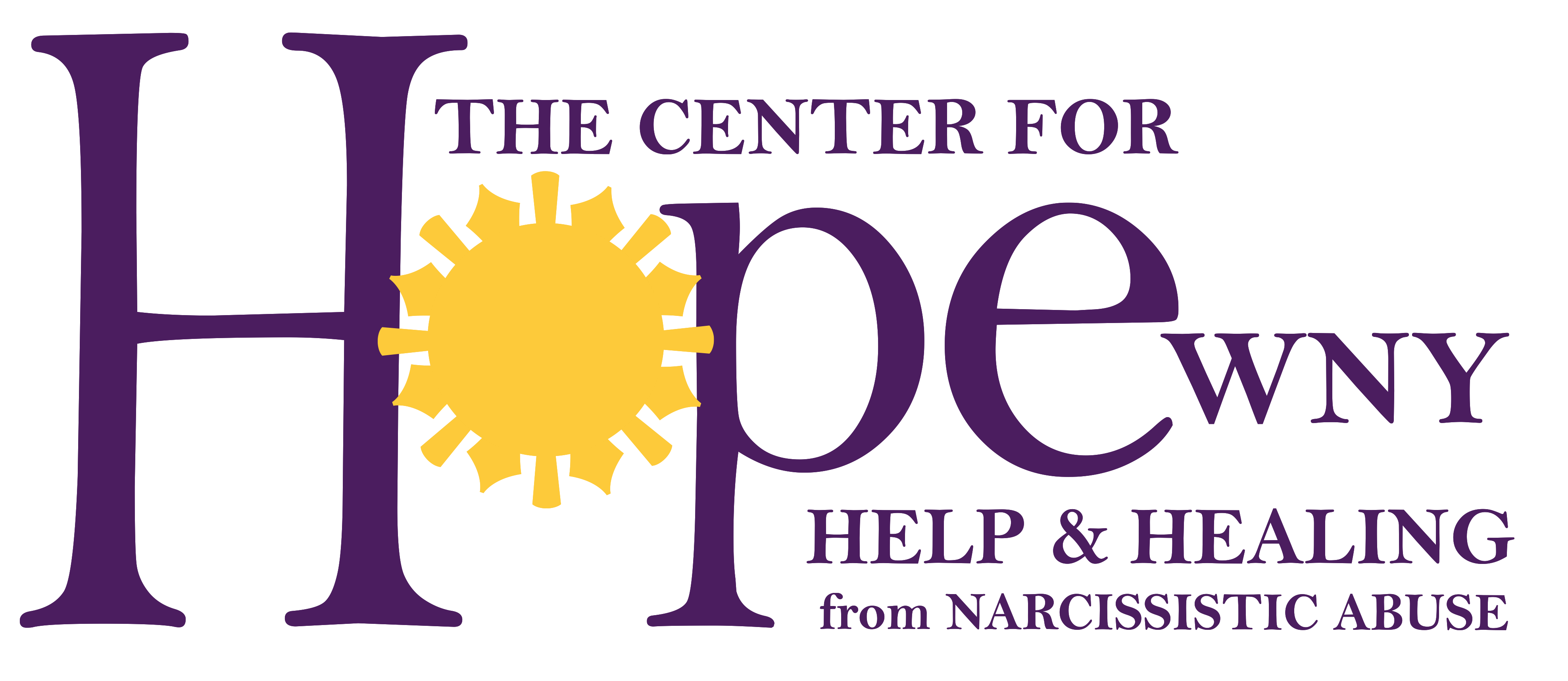- Hope, Help & Healing from Narcissistic Abuse
- 716.955.9658
- info@centerforhopewny.org

What’s the Silent Treatment?
The Silent TreatmentSilent Treatment The silent treatment is a form of emotional abuse typically employed by people with narcissistic tendencies. It More is a form of emotional abuseEmotional Abuse is an attempt to control, in just the same way that physical abuse is More used by narcissists to hurt, control, and punish their victim.
For the victim, there’s no way to resolve their issue or argument when the narcissist cuts off all communication. They’re the target of cruelty and subsequent abandonment. You could’ve received the Silent TreatmentSilent Treatment The silent treatment is a form of emotional abuse typically employed by people with narcissistic tendencies. It More from your boss, your parent, your sibling, a friend, or a romantic love. It could come from anyone.
Why do Narcissists love using the Silent Treatment?
The goals of giving the Silent TreatmentSilent Treatment The silent treatment is a form of emotional abuse typically employed by people with narcissistic tendencies. It More are to:
place the abuser in a position of control
silence the target’s attempts at assertion
avoid conflict resolution/personal responsibility/compromise
punish the target for a perceived ego slight.
Usually, the desired result is provoking a reaction from the victim to reinforce the needed sense of control for the narcissist.
What should you do if you receive the Silent Treatment?
Once you recognize or acknowledge you’re suffering from the Silent TreatmentSilent Treatment The silent treatment is a form of emotional abuse typically employed by people with narcissistic tendencies. It More by your narcissist, you have several options in how you respond.
Unquestionably, one option is to walk away from the relationship. That may be the right answer for you. Nonetheless, there are other strategies you can employ. They include:
1. Listen Reflectively
Try not to react. The primary goal of the Silent TreatmentSilent Treatment The silent treatment is a form of emotional abuse typically employed by people with narcissistic tendencies. It More is to provoke a reaction from you. Maintain your calm and control. Listening will provide you with information and necessary clues as to the triggers and underlying causes for a narcissist acting out in this way.
2. Don’t try to win – it’s not a competition
There’s no winning with a narcissist. Even when you’re 100 percent right, you’ll never win with a narcissist. Retaliation will only escalate the situation. Yet don’t excuse their behavior. The Silent TreatmentSilent Treatment The silent treatment is a form of emotional abuse typically employed by people with narcissistic tendencies. It More is unacceptable, and you deserve an explanation. Remember, the Silent TreatmentSilent Treatment The silent treatment is a form of emotional abuse typically employed by people with narcissistic tendencies. It More prevents any resolution.
3. ,Protect yourself
Be aware of your feelings and don’t undermine them. You’re smart and capable. You have value. Don’t let a narcissist run over you. It’s important to set boundariesBoundaries are an imaginary line that separates me from you. They separate your physical space, your More and limitations. Surround yourself with people who love and support you. Talk about what’s happening and how the narcissist treats you. Don’t let a narcissist isolate you from your support network. Receiving the Silent TreatmentSilent Treatment The silent treatment is a form of emotional abuse typically employed by people with narcissistic tendencies. It More for long periods of time can lead to depression, anxiety, and PTSD. Keep healthy, exercise, and meditate.
4. ,Seek professional help
Remember, the Silent TreatmentSilent Treatment The silent treatment is a form of emotional abuse typically employed by people with narcissistic tendencies. It More is a form of emotional abuseEmotional Abuse is an attempt to control, in just the same way that physical abuse is More. Talking about it will help. Sometimes, the best person to talk to is one you don’t know who has no personal bias. This will help you work through the stress and anxiety caused by the Silent TreatmentSilent Treatment The silent treatment is a form of emotional abuse typically employed by people with narcissistic tendencies. It More. This is for you. A professional coach or therapist experienced in narcissistic abuseNarcissistic Abuse is a form of emotional abuse projected by a narcissist on to another individual, Although narcissistic abuse More will help you understand what you’ve been through and how to prepare for other challenges.
5. ,Leave
Yes, I mentioned it above, but it bears repeating. After exhausting all other options, if your situation hasn’t changed, perhaps it’s time to say goodbye. Don’t let the emotional abuseEmotional Abuse is an attempt to control, in just the same way that physical abuse is More affect your mental health. Whether the relationship is a professional one, romantic, with a sibling, or even a parent, address the situation. Set healthy boundariesBoundaries are an imaginary line that separates me from you. They separate your physical space, your More and limits. The Silent TreatmentSilent Treatment The silent treatment is a form of emotional abuse typically employed by people with narcissistic tendencies. It More is one of the cruelest forms of abuse. Develop a plan and set yourself free.
I wrote about this in my book “Wrecking Ball Relationships: How to Identify, Live With or Leave the Narcissist in Your Life.”
“My father is an expert at giving people the Silent TreatmentSilent Treatment The silent treatment is a form of emotional abuse typically employed by people with narcissistic tendencies. It More. I’ve been a witness to him giving it to others as well as to myself for my entire life. Most of the time, he would get angry about some perceived slight, or a perceived offense. Then he would dismiss that person by giving them the Silent TreatmentSilent Treatment The silent treatment is a form of emotional abuse typically employed by people with narcissistic tendencies. It More. I never knew how to stop the Silent TreatmentSilent Treatment The silent treatment is a form of emotional abuse typically employed by people with narcissistic tendencies. It More once it started. When my mother was alive, she always put an end to it. Without her intervening, there was no one to mediate or talk him into ending this behavior. I didn’t know how to say I wanted to resolve a certain issue. I kept asking him to explain his actions and he categorically refused. Experts recommend taking advantage of therapy – group/couples/individual if someone in your life uses the Silent TreatmentSilent Treatment The silent treatment is a form of emotional abuse typically employed by people with narcissistic tendencies. It More on you tactically and often. Experts also recommend if this abuse happens for long periods, it might be the right time to leave the relationship.”
This is why it’s so important to talk to someone after you’ve suffered this type of abuse. But not just anyone. You need to find someone who’s familiar with narcissistic personality disorderNarcissistic Personality Disorder (NPD) The hallmarks of narcissistic personality disorder (NPD) are grandiosity, a lack of empathy for other people, and More. You see, I didn’t get here by accident. I didn’t set out to become a narcissistic abuse recovery coach. But after I’d suffered this kind of abuse, I realized that my story and my experience could help so many people who’ve suffered similarly. When someone tells me about their struggles and their story, I’m not just understanding. I really get it. I’ve been there. I’ve felt those same emotions, that same rage, and loss.
I can help you.
Don’t suffer in silence from narcissistic abuseNarcissistic Abuse is a form of emotional abuse projected by a narcissist on to another individual, Although narcissistic abuse More, let’s talk.
Click here to book a free session with me. Don’t wait another day.
You can find my book “Wrecking Ball Relationships” on Amazon and BarnesandNoble.com.



